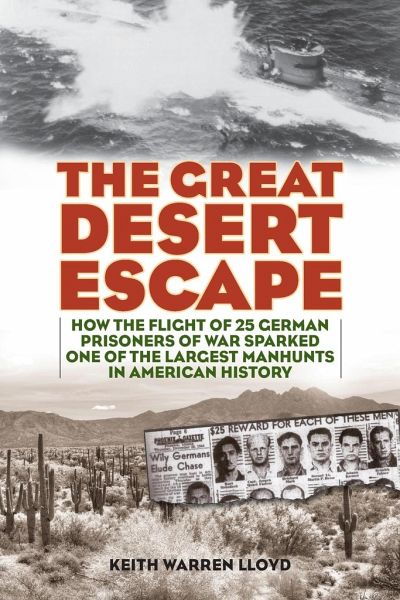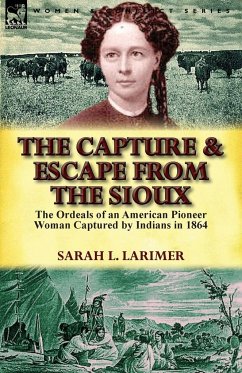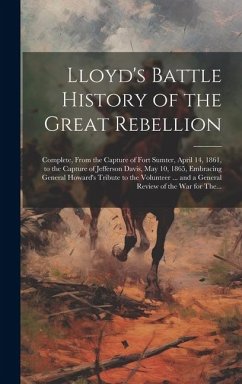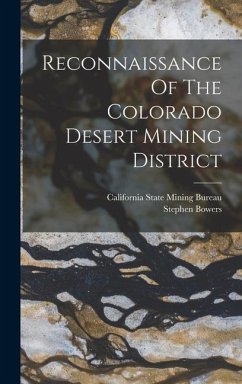
The Great Desert Escape
How the Flight of 25 German Prisoners of War Sparked One of the Largest Manhunts in American History

PAYBACK Punkte
8 °P sammeln!
Dramatic and exciting account of how twenty-five determined German U-Boat crewmen tunneled from American POW camp, crossed the unforgiving Arizona desert, and attempted to return battle. It was the only organized, large-scale domestic escape by foreign prisoners in U.S. history.














